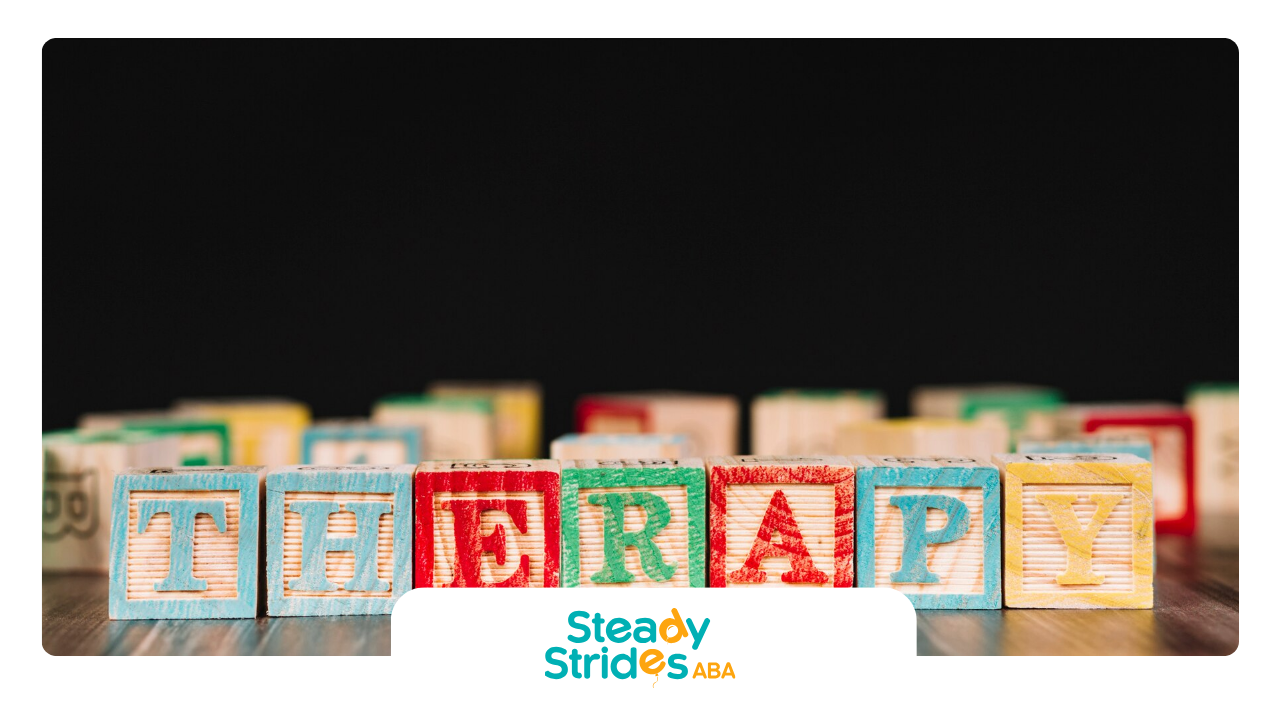Navigating the complexities of raising a child with autism can be overwhelming, and finding suitable housing is often one of the most pressing concerns for families. In Texas, various resources are available to assist families in securing stable, supportive housing for their autistic children.
This article will explore the different types of housing assistance available, including federal and state programs, local resources, and financial aid options.
Understanding Autism and Housing Needs
Autism Spectrum Disorder (ASD) affects individuals differently, leading to a wide range of needs when it comes to housing. Some families may require specialized accommodations to support their child's sensory sensitivities, while others may need assistance in developing independent living skills for older autistic children. Understanding these diverse needs is crucial when exploring housing options.
The Importance of Stable Housing
Stable housing is essential for all families, but it is particularly critical for families with autistic children. Safe and supportive living environments can significantly impact a child's development and well-being.
Research has shown that stable housing contributes to better mental health outcomes, improved educational performance, and enhanced overall quality of life.
Types of Housing Assistance Available in Texas
Texas offers various housing assistance programs tailored specifically for families with autistic children. These programs range from federal initiatives to local resources designed to meet the unique needs of individuals on the autism spectrum.
Federal Programs Supporting Housing for Families with Autism
1. Section 8 Housing Choice Voucher Program
This federal program assists very low-income families in affording decent and safe housing. Families can use vouchers to rent homes in the private market, providing them with flexibility in choosing a suitable living environment.
2. Section 811 Supportive Housing for Persons with Disabilities
This program provides rental assistance to low-income individuals with disabilities, including autism. By offering affordable housing options, it aims to promote independent living.
3. Low-Income Housing Tax Credit (LIHTC)
This federal initiative incentivizes developers to create affordable rental housing for low-income individuals and families. Properties developed under this program often include accommodations for individuals with disabilities.
4. Community Development Block Grants (CDBG)
These grants support community development activities that benefit low- and moderate-income individuals, including those with disabilities. CDBG funds can be used for various purposes, such as improving accessibility in housing.
5. Medicaid Home and Community-Based Services (HCBS) Waivers
These waivers provide funding for services that allow individuals with disabilities to live independently in their communities rather than in institutional settings. Families can use these funds for home modifications or personal care assistance.
State Programs Supporting Housing Assistance
In addition to federal programs, Texas has several state-specific initiatives designed to assist families with autistic children:
1. Texas Department of Housing and Community Affairs (TDHCA)
This state agency administers various housing programs aimed at supporting individuals with disabilities. TDHCA offers rental assistance through programs like the Tenant-Based Rental Assistance (TBRA) Program, which provides subsidies for qualifying households.
2. Autism Support Housing Program
This program is specifically designed to assist families with autistic children in finding suitable housing options that meet their unique needs.
3. Texas Medicaid Waiver Programs
Texas offers several Medicaid waiver programs that provide funding for home and community-based services tailored to individuals with autism and other developmental disabilities.
4. Texas Homeownership Programs
These programs aim to help families achieve homeownership through down payment assistance or low-interest loans specifically designed for low-income households.
Local Resources for Housing Assistance
Local organizations play a vital role in providing support and resources for families seeking housing assistance:
1. NAMI Texas
The National Alliance on Mental Illness offers resources and support for families navigating mental health challenges, including autism-related issues. They provide information on local housing options and advocacy resources.
2. Autism Speaks
This national organization offers a comprehensive toolkit that includes information on funding resources related to housing assistance for families affected by autism.
3. Community Development Corporations (CDCs)
Many local CDCs focus on providing affordable housing options within specific communities. They often have programs tailored to assist families with disabilities.
4. Local Public Housing Authorities (PHAs)
PHAs administer federal housing programs at the local level, offering rental assistance and other resources tailored specifically for low-income families, including those with autistic children.
Financial Assistance Options
In addition to housing programs, many financial assistance options are available specifically for families raising autistic children:
1. Supplemental Security Income (SSI)
SSI is a federal program that provides financial assistance to individuals with disabilities who have limited income and resources. Families may qualify if their child meets specific eligibility criteria related to autism.
2. ACT Today! Grants
This organization provides grants ranging from $100 to $5,000 to support individuals affected by Autism Spectrum Disorders (ASD). Funds can be used for therapies, assessments, or other essential needs.
3. Autism Cares Foundation
This foundation helps cover critical living expenses such as housing costs, utilities, and other essential items on a case-by-case basis.
4. National Autism Association Helping Hand Program
This program offers one-time grants of up to $1,000 for families experiencing financial hardship due to autism-related expenses.
5. United Healthcare Children’s Foundation
This foundation provides grants that help cover medical expenses not covered by insurance, including therapy costs related to autism treatment.
Navigating the Application Process
Applying for housing assistance can be a complex process involving multiple steps:
- Research Available Programs: Begin by researching federal, state, and local programs that offer housing assistance specifically tailored to families with autistic children.
- Gather Necessary Documentation: Prepare documentation related to income, disability verification (such as an autism diagnosis), and any additional information required by the specific program you are applying for.
- Understand Eligibility Criteria: Each program has its own eligibility requirements based on factors such as income limits and documentation of disability status. Familiarize yourself with these criteria before applying.
- Complete Applications Thoroughly: When filling out applications, ensure all information is accurate and complete. Incomplete applications may delay processing or result in denial of assistance.
- Seek Help from Local Organizations: If you encounter challenges during the application process or need guidance on available resources, consider reaching out to local organizations or advocacy groups specializing in autism support.
Conclusion
Finding suitable housing can be a daunting task for families raising autistic children in Texas; however, numerous resources are available to help ease this burden. From federal programs like Section 8 vouchers and Medicaid waivers to state-specific initiatives designed for autism support—families have access to various options tailored specifically toward their unique needs.
At
Steady Strides ABA, we understand the importance of stable housing as part of the overall well-being of your family member on the spectrum! If you’re seeking guidance or support regarding navigating these resources—don’t hesitate; reach out today! Our team is here not only as advocates but also as partners dedicated towards helping you find solutions that work best!
Call us or visit our website
Steady Strides ABA today!
Frequently Asked Questions
What types of financial assistance are available for families with autistic children in Texas?
Families can access various financial assistance options such as Supplemental Security Income (SSI), ACT Today! grants, Autism Cares Foundation support, and more.
Can I get financial assistance for my autistic child in Texas?
Yes! There are several programs available that provide financial aid specifically aimed at supporting families raising autistic children.
How do I apply for housing assistance?
To apply for housing assistance, research available programs, gather necessary documentation related to income and disability verification, complete applications thoroughly, and seek help from local organizations if needed.
Are there specific state programs designed for autism-related housing support?
Describe the item or answer the question so that site visitors who are interested get more information. You can emphasize this text with bullets, italics or bold, and add links.Are there specific state programs designed for autism-related housing support?
Yes! Texas has several state-specific initiatives aimed at providing housing support tailored specifically towards families affected by autism.
How does stable housing impact my child’s development?
Stable housing contributes significantly toward better mental health outcomes and overall quality of life—especially important when raising a child on the autism spectrum!












